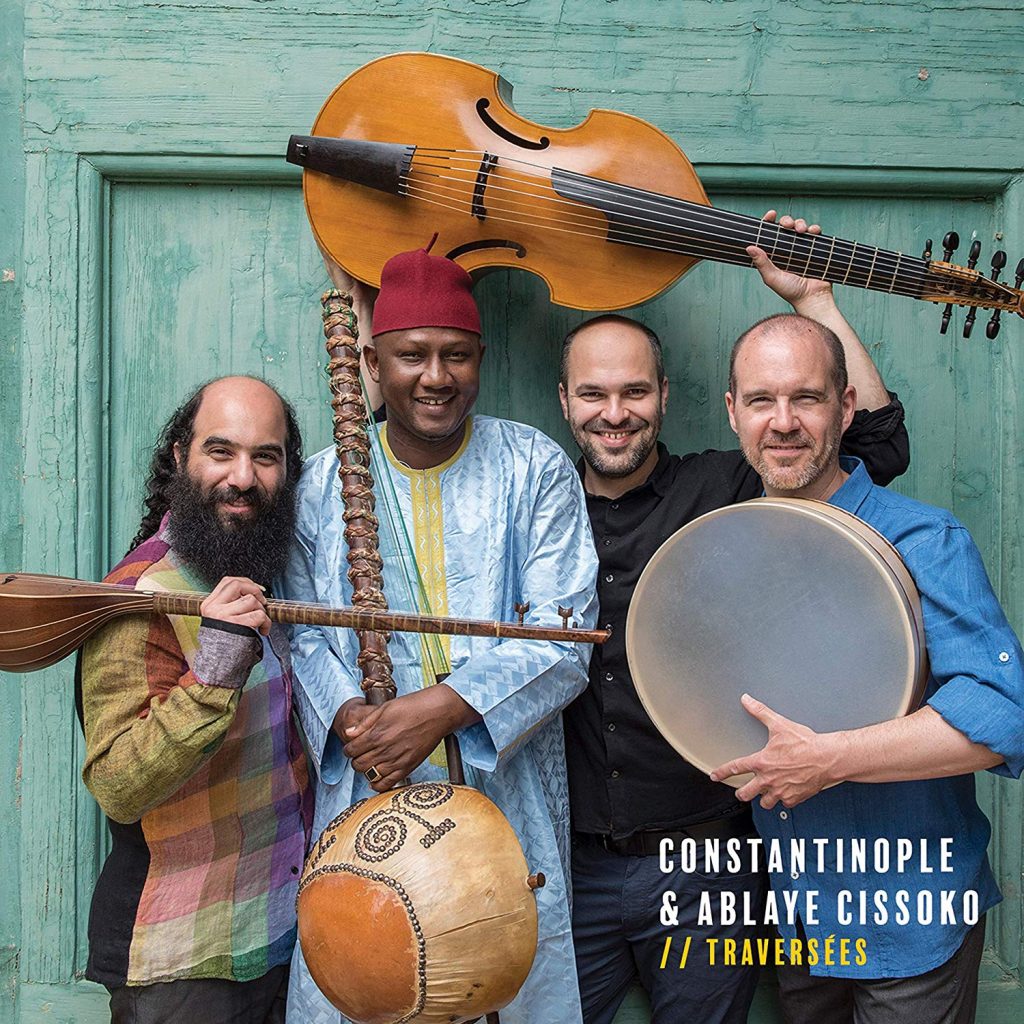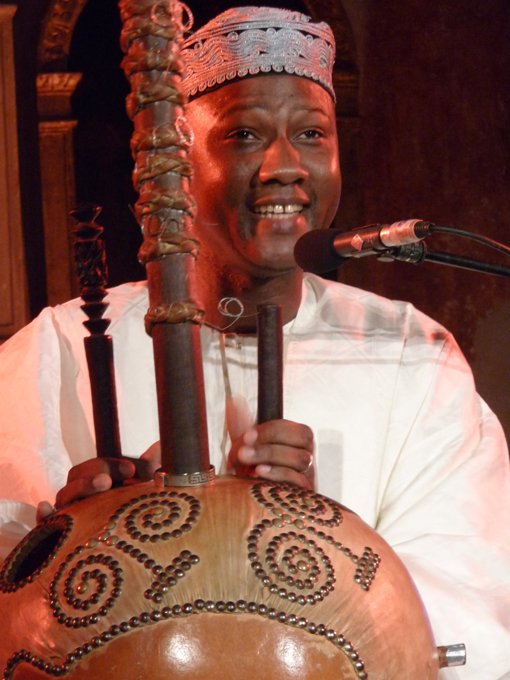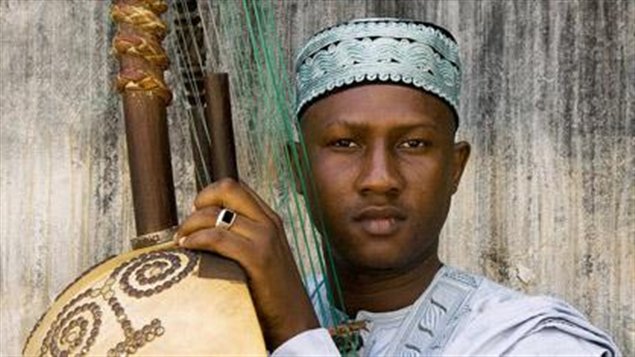

 1) Please tell us about one or more projects you have worked on or recently completed. Why are they important to you and why should they be important to us?
1) Please tell us about one or more projects you have worked on or recently completed. Why are they important to you and why should they be important to us?
One of my recent projects is Mane mane, which means “knowledge”, a tribute to my friend the great musician Habib Faye (notably artistic director of the Youssou N’Dour orchestra for 25 years). It was actually his own musical project, but he sadly passed away before he released it and I felt it was my duty to make it public myself. Habib Faye is a musician who marked everyone’s childhood and whose work and memory I had a duty to honour.
2) Imagine that you meet two or three people, living or dead, whom you admire for their work in your artistic expression. What would you tell them and what would they tell you?
I have already had the chance to meet several great personalities, great men of music who are at the same time extraordinary humans. For the rest, I don’t focus on one person in particular, and I have faith in the idea that one day or another I will be able to meet all the people I have to meet in my life.
3) Please describe at least one major turning point in your life that has contributed to making you what you are as a creative artist.
I was born in Kolda, but I moved to Saint-Louis at a young age, and I would say that this city is a turning point, a milestone in my life as an artist. In fact, this is where it all started for me, and it is also the place where I involve all the people I care about: my mentor, my wife and my children.
4) Let’s talk about the state of the arts in today’s society, including the forms in which you work. What gives you hope and what depresses you the most?
Seeing young people playing the kora, the traditional instrument I inherited, makes me happy and gives me hope that the tradition will continue and that the chain will not be broken.
As for the things that depress me, I avoid listening to them. When music doesn’t talk to me, I don’t get stubborn. Maybe it will call me later, but I refuse to listen or make music that I don’t like. For me, music should not be associated with suffering or torture, but with pleasure.
5) What exactly do you like about the work you create and/or do?
The musical encounters. Some musicians have entire careers with the same ensemble, but for me, I lead a career based on encounters. I need to meet lots of people, to surround myself with a multitude of people to work and constantly share.
6) In your creative life so far, what have been the most useful comments you have heard about your work?
Probably when my father, himself a great master of the kora, asked me to play for him, saying: “The kora feeds my heart”.
It is the kind of comment that touches my heart, makes me live and gives me the desire and reason to exist as a musician.
